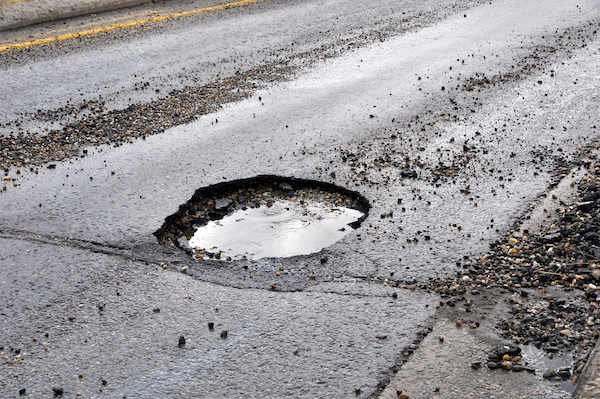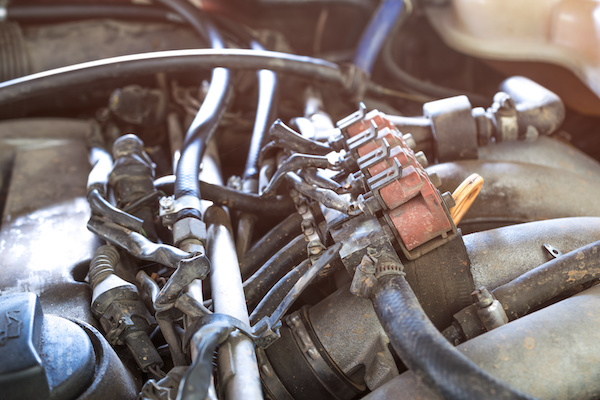Posted on 2/20/2023

Potholes are a common sight on roads, especially during winter and spring months. They are caused by the contraction and expansion of water underneath the pavement, causing the pavement to weaken and ultimately give way. Potholes can cause a lot of damage to vehicles, from flat tires to suspension damage and more. As we approach National Pothole Month, it's important to understand how potholes can affect your vehicle and what you can do to avoid damage. Here are some things to keep in mind: Damage to Tires: Potholes can cause significant damage to your vehicle's tires, including punctures and tears. If you hit a pothole at high speed, it can also cause your tire to blow out. If you notice any damage to your tire, it's important to have it inspected by a professional as soon as possible. Suspension Damage: Potholes can also cause damage to your vehicle's suspension, including shocks, struts, and other components. Hitting a pothole at h ... read more
Posted on 1/30/2023

The fuel injection system in a vehicle is responsible for delivering fuel to the engine in the correct amount and at the right time. This system is made up of several different components, including the fuel pump, fuel filter, injectors, and the engine control module (ECM). Understanding how these components work together can help you diagnose and fix problems with your vehicle's fuel injection system. Fuel Pump: The fuel pump is in charge of transporting fuel from the gas tank to the engine. This is usually an electric pump that is located in the gas tank or near it. When the engine is running, the fuel pump sends fuel through the fuel filter and into the injectors. Fuel Filter: The fuel filter is used for removing any contaminants from the fuel before it reaches the engine. This helps to protect the injectors and other parts of the fuel injection system from damage. A clogged fuel filter can cause poor engine performance and reduced fuel econo ... read more